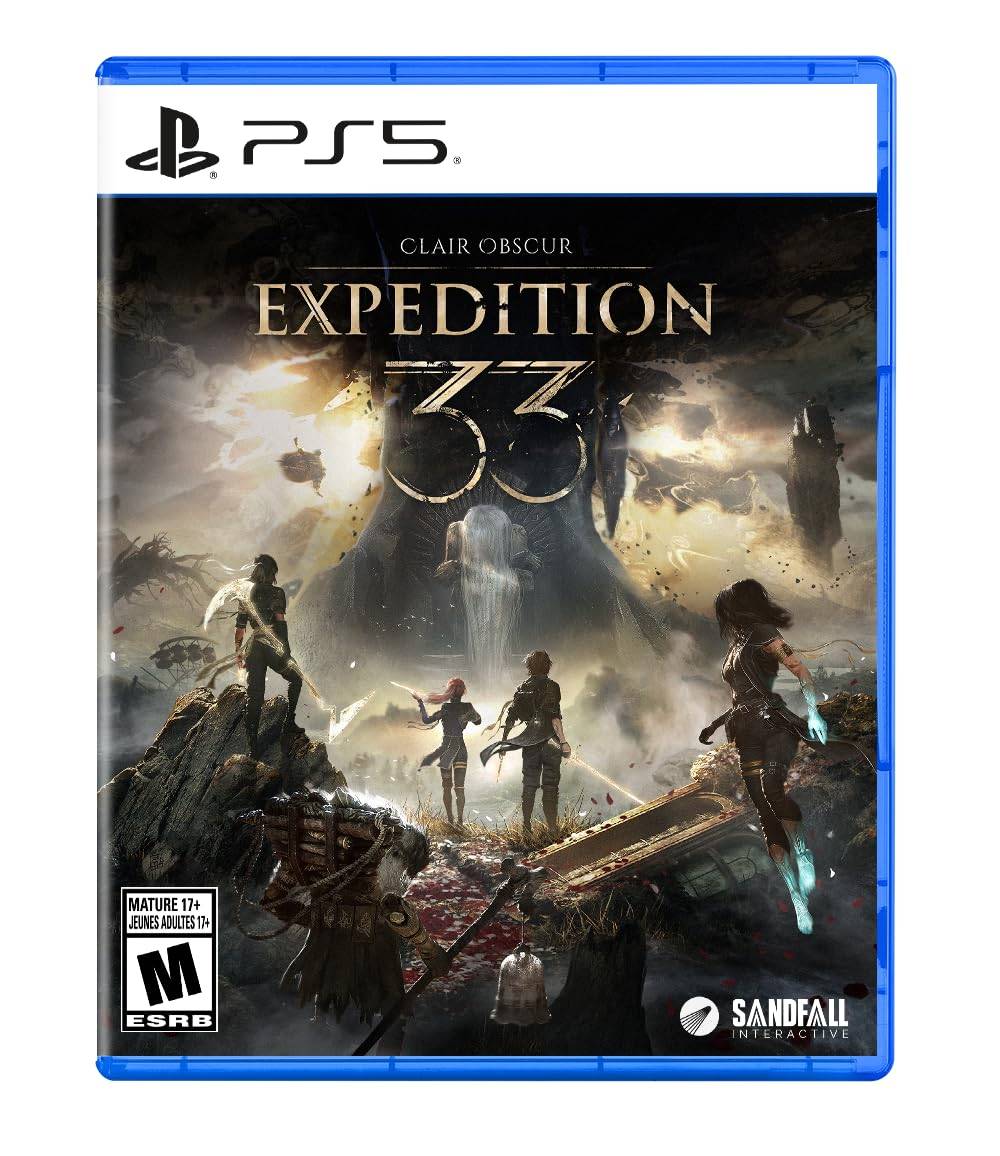
Yasuhiro Anpo, the visionary director behind the acclaimed remakes of Resident Evil 2 and Resident Evil 4, shared fascinating insights into the decision-making process that led to the revival of these iconic titles. Anpo disclosed that the journey to remaking Resident Evil 2 began when Capcom recognized the fervent desire among fans to see the 1998 cult classic restored to its former glory. As Anpo recounted, "We realized: people really want this to happen." This realization prompted a decisive response from producer Hirabayashi, who confidently stated, "Alright, we'll do it."
Initially, the development team considered tackling Resident Evil 4 first. However, after thorough discussions, they concluded that RE4, already hailed as nearly perfect upon its release, posed a risky challenge for remaking. The fear was that any alterations could potentially tarnish its revered status. Consequently, the team shifted their focus to the earlier installment, Resident Evil 2, which they felt was in dire need of modernization. To better align with fan expectations, the developers also delved into fan projects, gaining valuable insights into what the community desired from a remake.
Despite Capcom's confidence, skepticism persisted not only within the company but also among fans. Even after the successful releases of the Resident Evil 2 and Resident Evil 3 remakes, and the subsequent announcement of the Resident Evil 4 remake, some fans remained unconvinced. They argued that Resident Evil 4, unlike its predecessors, did not require an update to the same extent. While Resident Evil 2 and 3, originally released in the 1990s on the PlayStation, suffered from outdated features such as fixed camera angles and cumbersome controls, Resident Evil 4 revolutionized the survival horror genre upon its 2005 debut.
Despite these initial reservations, the Resident Evil 4 remake succeeded in preserving the essence of the original while enhancing gameplay and narrative elements significantly. The commercial triumph and overwhelmingly positive critical feedback validated Capcom's strategy, proving that even a game considered nearly untouchable could be respectfully reimagined with a fresh, creative approach.















